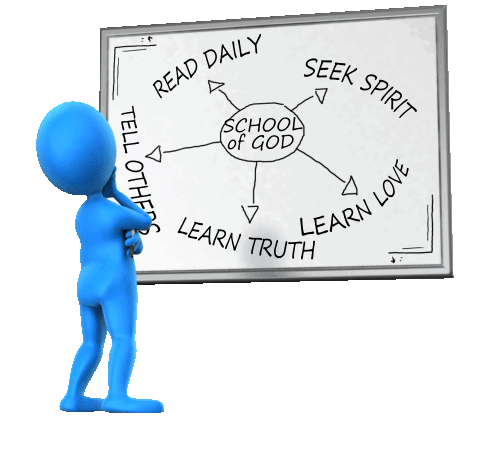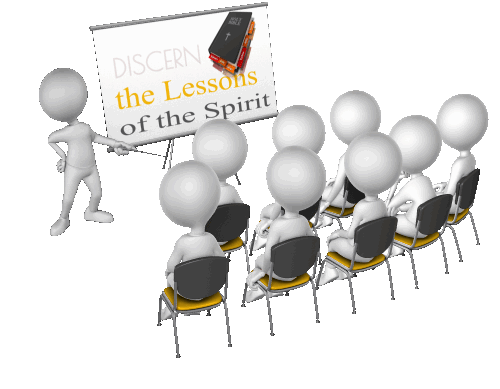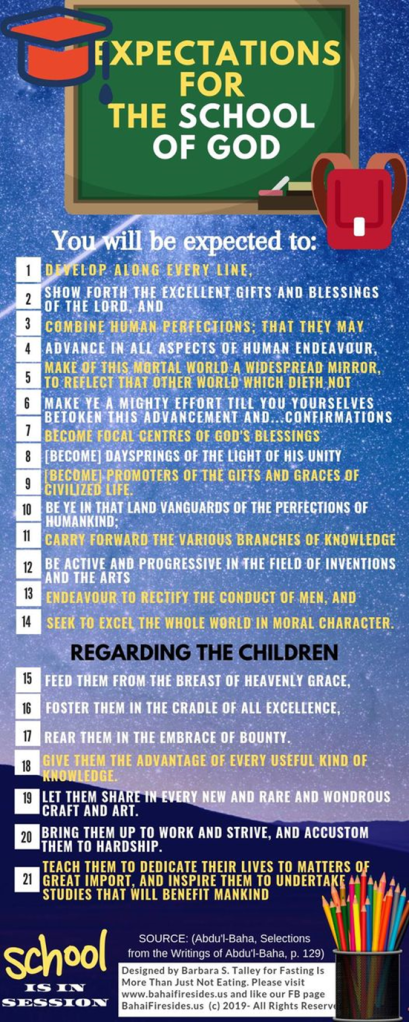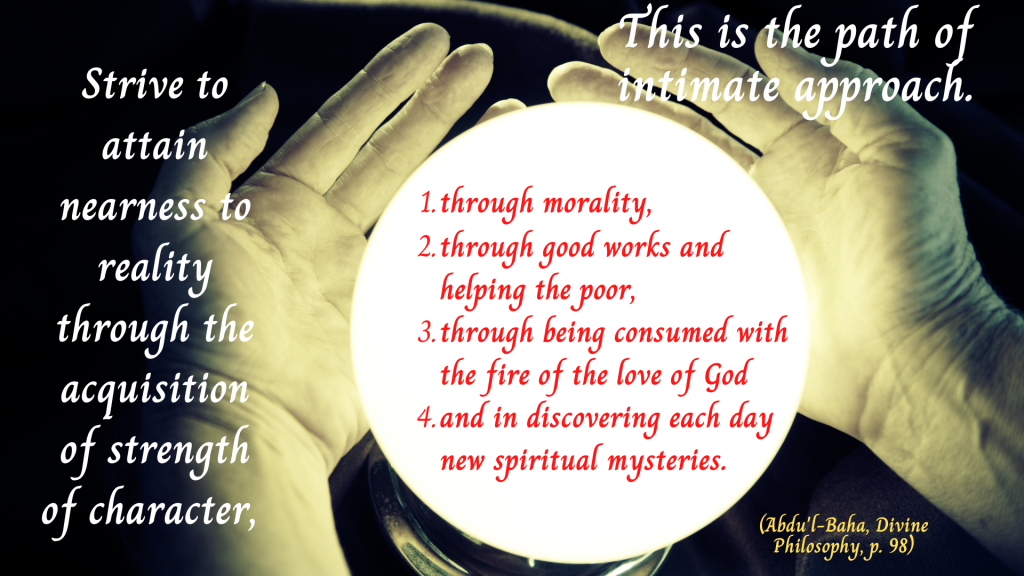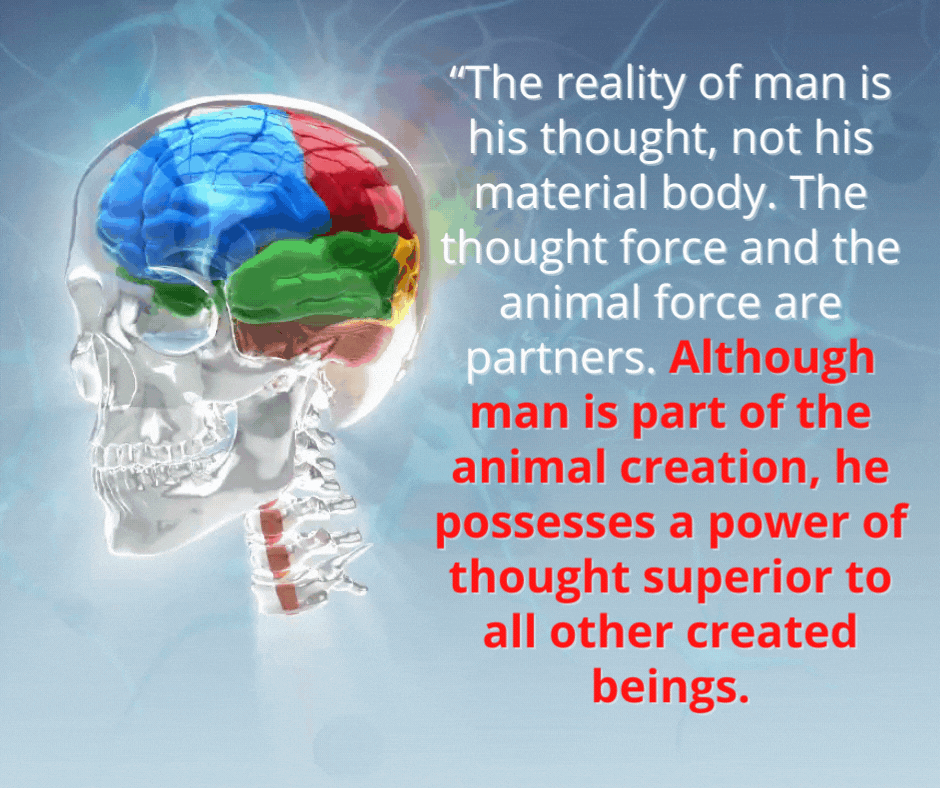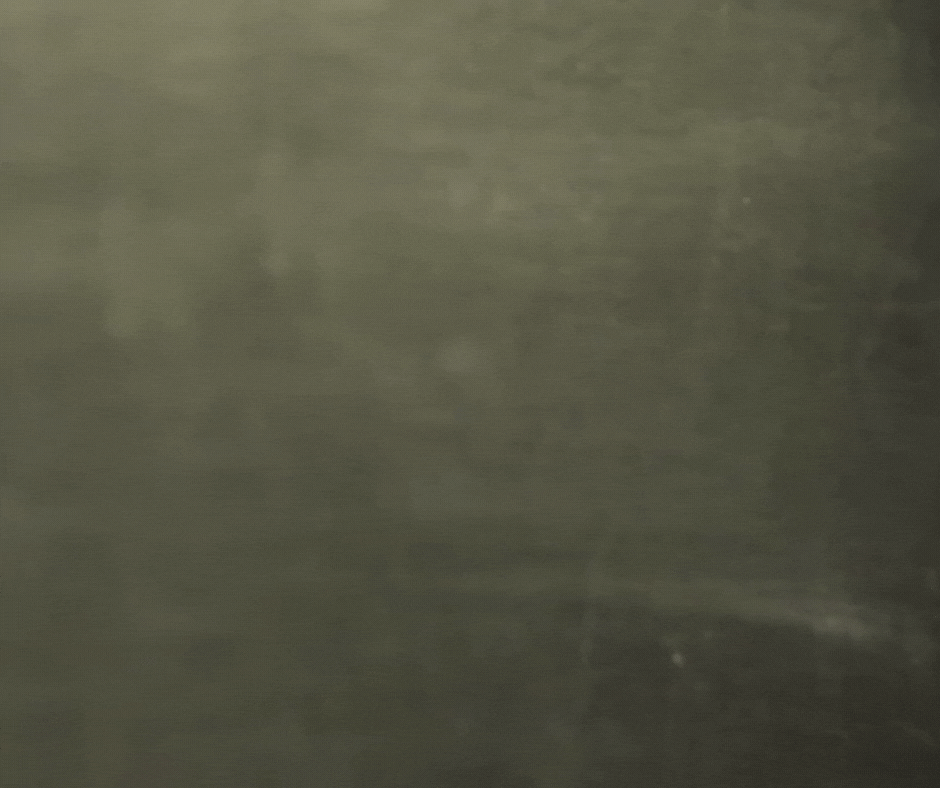Spring is a time of renewal. The dead things on the earth are blooming again, heavy hearts are becoming alive again, and the cold and darkness of winter’s sleep is being awakened to a new freshness and aliveness. The Fast generated heat and kindled the fire of love required to burn away all things not approved by God. During the last 19 days preceding Spring, the portals of bounty and grace were opened wide and each longing and receptive heart received their portion. We prayed to align our will with the Will of God, so we should expect great change.
So what is the Will of God? Bahá’u’lláh is very clear.
O SON OF SPIRIT!
The best beloved of all things in My sight is Justice; turn not away therefrom if thou desirest Me, and neglect it not that I may confide in thee. By its aid thou shalt see with thine own eyes and not through the eyes of others, and shalt know of thine own knowledge and not through the knowledge of thy neighbor. Ponder this in thy heart; how it behooveth thee to be. Verily justice is My gift to thee and the sign of My loving-kindness. Set it then before thine eyes.
“The best of all things in His sight is JUSTICE“ Bahá’u’lláh taught us. He warned us to “TURN NOT AWAY” if we desired Him, and to “NEGLECT IT NOT”, if we wished Him to confide in us. Perhaps we should meditate profoundly on “confide.” When someone confides in you, they trust you and believe in you. He also teaches us to become worthy of the trust of our neighbors. I don’t know about you, but there can be no greater honor than to be worthy to have God’s Messenger for our Day confide in us. We have been given free will. We have a choice to follow our own desires or have faith in God’s guidance and to be obedient to His ordinances. Ponder this statement in The Seven Valleys And the Four Valleys —“A servant is drawn unto Me in prayer until I answer him; and when I have answered him, I become the ear wherewith he heareth….”
‘If thine aim be to cherish thy life, approach not our court; but if sacrifice be thy heart’s desire, come and let others come with thee. For such is the way of Faith if in thy heart thou seekest reunion with Baha; Shouldest thou refuse to tread this path, why trouble Us?….. Begone!
(The Dawn-Breakers) ( P.137-8)
IS SACRIFICE YOUR HEART’S DESIRE? Now is the time to translate that which hath been written into reality and action, strive to become the best version of ourselves, and dedicate our lives to “the betterment of the world.” This can only happen if we choose to live in the spirit and practice great love towards all without prejudice. The Guardian warned Sadie Oglesby that it was already late in 1927, yet the things we were admonished to do regarding justice still remain largely unfinished and in some cases have become worse.
“The need of the Cause in America is the call of the heart, that can be given no one, save those who have suffered and been trained in the road of sacrifice and humility.”

No one can give you heart or make you care about justice. America has a great need that only pure hearts can hear the call. This warning from the Guardian spells out the criteria for being able to hear. It is for those who have suffered, and been trained in the road of sacrfice and humility, and not those commenting on the sidelines. America had spiritual problems in 1927 during Jim Crow, and those spiritual problems have morphed and mutated like a virus similar to what the Covid virus is doing now. We now have a new Jim Crow.
Read Michelle Alexander’s book if you want to serve those who are suffering and know of your own knowledge. America is trying to retreat and return to those days of legalized oppression. According to the Brennan Center for Justice, “over 400 bills with provisions that restrict voting access have been introduced in 49 states in the 2021 legislative sessions. These bills restrict voting access for poor, black, and brown people, denying them the right to participate in this dying democracy and have a voice in creating the laws that impact their health, education, safety, and well-being.” And in 2022, 22 states have introduced or carried over 250 restrictive bills.
So many tend to turn away from the justice conversation but love to speak of love while not actually practicing this great force, power, and law. Can we be truly loving if we participate in, ignore, or tolerate injustice? That is what Abdu’l-Baha desired for us to do — to commit to love each other sincerely. Because when we truly love, we put another’s needs before our own, like a mother does for her suckling child, that would die if not nurtured and nourished.
Remember Abdu’l-Baha is our example. That was his name and sole aim and we have no claim on the name Bahai if we do not serve humanity with both heart and soul. It cannot be an unpleasant duty.
So in this new year, we must decide what our aim will be. The Great Being is calling many, few will be chosen. Few will be willing to put their personal needs aside. Remember, you can be the answer to someone’s prayer. Wounded, desperate, and hopeless souls are calling. Will your heart answer like Abdu’l-Baha would?
Remember, only a few are chosen. Fortunately, we are given the criteria for being chosen — must have suffered, and been trained in — sacrfice and humility. So the questions are:
1. Will you humble yourself before God?
2. Have you suffered from bringing together the black and white?
3. Are you willing to suffer like His chosen ones suffered, putting the cause of unity, justice, and peace for humanity first?
4. Have you already been trained (in the road), or on the job experiencing sacrifice and humility?
5. Will you arise sacrifically to the occasion?
How can we get the power to follow the right path?
By putting the teaching into practice power will be given. You know which path to follow: you cannot be mistaken, for there’s a great distinction between God and evil, between Light and darkness, Truth and falsehood, Love and hatred, Generosity and meanness, Education and ignorance, Faith in God and superstition, good Laws and unjust laws. (ABDU’L-BAHA, ABDU’L-BAHA IN LONDON, P. 63)
We must be active to receive the divine confirmations!
There is nothing that brings success in the Faith like service. Service is the magnet which draws the divine confirmations. Thus, when a person is active, they are blessed by the Holy Spirit. When they are inactive, the Holy Spirit cannot find a repository in their being, and thus they are deprived of its healing and quickening rays. From a letter dated 12 July 1952 written on behalf of Shoghi Effendi to an individual believer)
I leave you with a story Abdu’l-Baha shares about a conversation the Buddha had with his disciples:
Buddha had disciples and he wished to send them out into the world to teach, so he asked them questions to see if they were prepared as he would have them be. “When you go to the East and to the West,” said the Buddha, “and the people shut their doors to you and refuse to speak to you, what will you do?” — The disciples answered and said: “We shall be very thankful that they do us no harm.” — “Then if they do you harm and mock, what will you do?” — “We shall be very thankful that they do not give us worse treatment.” — “If they throw you into prison?” — “We shall still be grateful that they do not kill us.” — “What if they were to kill you?” the Master asked for the last time. “Still,” answered the disciples, “we will be thankful, for they cause us to be martyrs. What more glorious fate is there than this, to die for the glory of God?” And the Buddha said: “Well done!”
“The teaching of Buddha was like a young and beautiful child, and now it has become as an old and decrepit man. Like the aged man it cannot see, it cannot hear, it cannot remember anything. Why go so far back? Consider the laws of the Old Testament: the Jews do not follow Moses as their example nor keep his commands. So it is with many other religions.” Abdu’l-Baha
Like Spring, everything has been renewed. Even the Holy Bible confirms the problem with putting new wine in an old wine skin: “Nor do they put new wine into old wineskins, or else the wineskins break, the wine is spilled, and the wineskins are ruined. But they put new wine into new wineskins, and both are preserved.” We can look forward. We now have new wine (knowledge) and a new wine skin. Ponder on that.
Until next time,
Barbara


